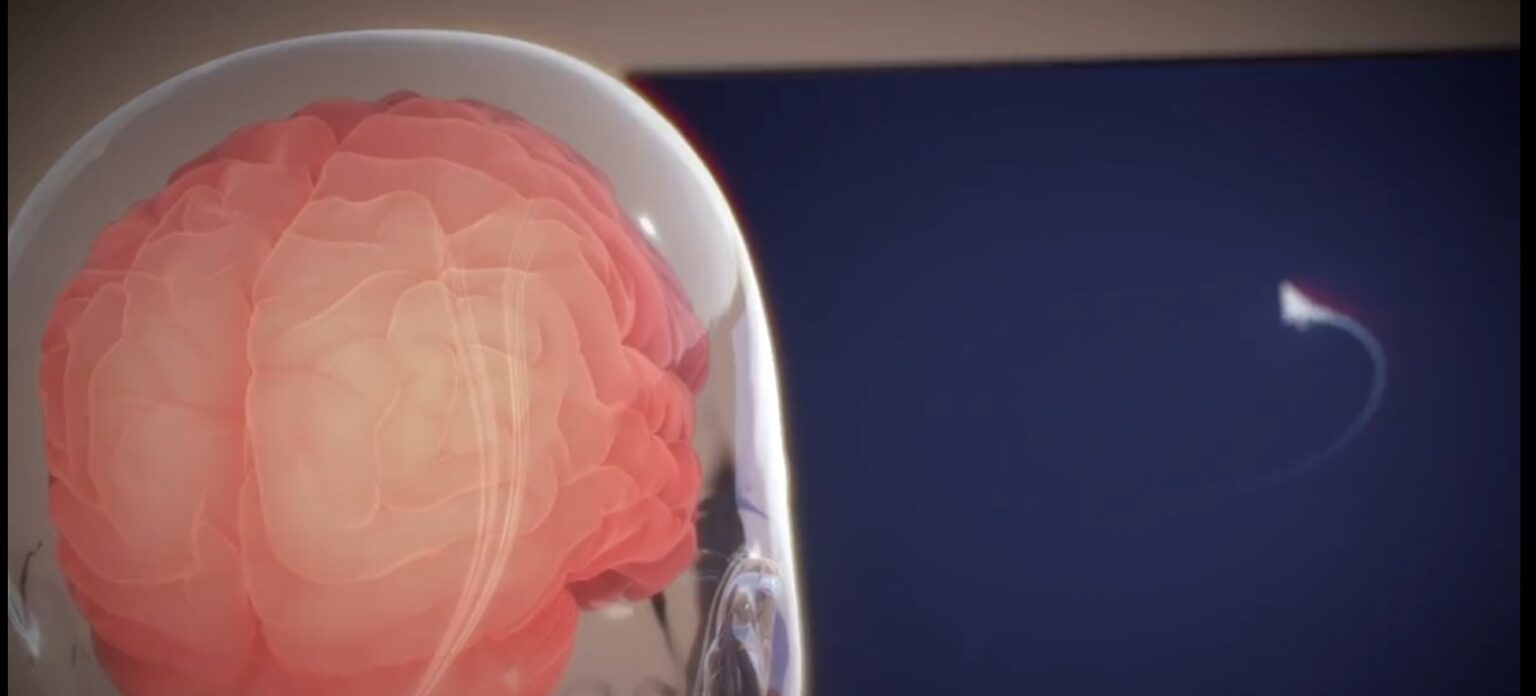
Elon Musk recently announced the successful implant of a brain chip in a person of unidentified gender and age
Elon Musk, renowned for his audacious visions, ranging from plans to establish human colonies on Mars to conceptualizing underground transportation networks beneath bustling metropolises, has announced a milestone for his Neuralink venture: the successful implantation of its inaugural wireless brain chip into a human subject.
Musk’s assertion regarding the transformative potential of this technology begs the question: could it ultimately safeguard the very future of humanity?
The notion of embedding electrodes into brain tissue is not a recent innovation. Dating back to the 1960s and 70s, researchers utilized electrical stimulation to elicit or inhibit aggressive behaviors in felines. Advancements continued, with experiments in the early 2000s involving training primates to manipulate computer cursors through sheer mental activity.
The trajectory of implantable technology is evolutionary. The concept isn’t novel, its maturation into a viable solution requires considerable time and concerted effort.
Neuralink represents just one entity amid a burgeoning landscape of companies and academic institutions striving to refine and eventually commercialize brain-computer interface (BCI) technology. Initially targeting paralysis and complex neurological disorders, these endeavors signify a concerted push toward unlocking the brain’s potential.
The human brain, a marvel housing approximately 86 billion neurons interconnected via synapses, operates through intricate electrical impulses. Devices capable of detecting these signals, whether through non-invasive headgear or implanted electrodes, constitute the focal point of substantial research investment.
Neuralink’s compact device, resembling a coin, is surgically implanted within the skull. Microscopic wires within the device capture neural activity, transmitting wireless signals to a receiver. While the company has conducted trials with promising results in animal subjects, its human trials received approval from the US Food and Drug Administration in 2023.
Although details surrounding the initial human recipient remain scarce, Musk has conveyed optimism, citing “promising neuron spike detection” and the patient’s satisfactory recovery. Despite its futuristic aura, Neuralink finds itself in competition with counterparts like Synchron, a startup supported by funding from notable figures like Bill Gates and Jeff Bezos, which has already implanted similar devices in ten patients.
The realm of neurotechnology isn’t confined to laboratory experiments. Notable achievements include Philip O’Keefe, who, afflicted with motor neuron disease, composed a tweet solely through mental commands, and breakthroughs by researchers in Switzerland enabling mobility for paralyzed individuals.
Yet, skepticism persists, particularly among those directly affected by spinal injuries. Glyn Hayes, paralyzed in a 2017 accident, emphasizes the pressing need for solutions addressing nerve pain and bodily functions over mobility restoration.
For Musk, Neuralink’s ambitions transcend mere medical intervention. Envisioning a future of human-AI symbiosis, he underscores its “species-level” significance. However, realizing this vision hinges on achieving unprecedented levels of signal interpretation and accuracy, potentially revolutionizing human-computer interaction.
The prospect of ordering takeaway or browsing the internet via mere thoughts tantalizes Musk, who envisions surpassing conventional communication modalities. However, experts caution against overlooking practical considerations and ethical dilemmas inherent in invasive procedures for consumer convenience.
Instead, they foresee initial applications in addressing mental health disorders and cognitive impairments, albeit with uncertain outcomes and a protracted research timeline. There are concerns about the individualized nature of brain function and the logistical challenges of maintaining implantable technology.
Ultimately, while Musk sees Neuralink as a bulwark against existential AI threats, the realization of such ambitions remains distant. However, by bridging the gap between human cognition and artificial intelligence, proponents argue for a symbiotic relationship that ensures humanity’s relevance in an increasingly digital landscape.




1 thought on “Will Musk’s brain chip change the future of humans?”